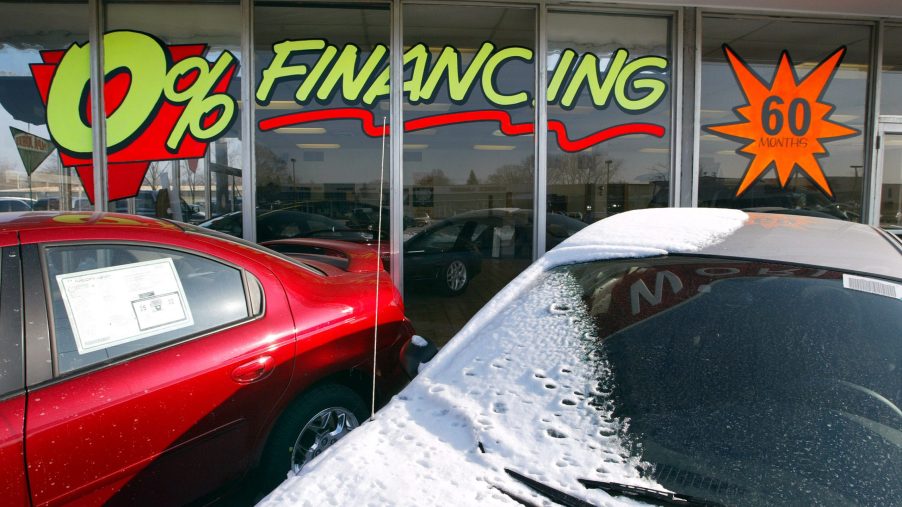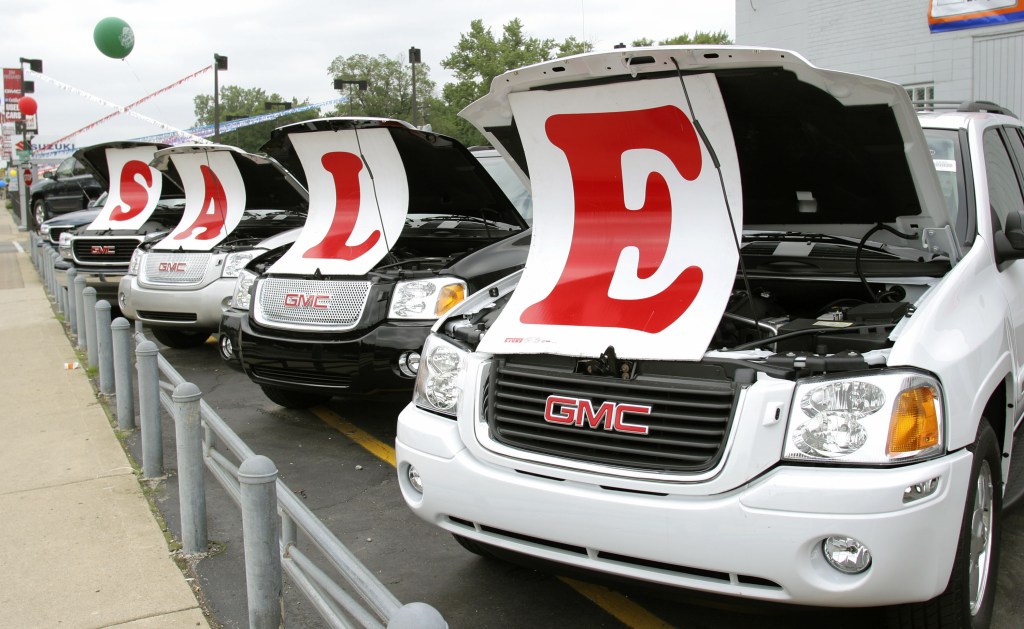
This Is How a Car Loan Works, and How to Get One
The realm of car finance can be difficult to understand. Interest rates, down payments, hard and soft credit checks, loans or leases. It’s all a bit much. A loan is one of the most popular methods for buying any car. It can be an intimidating process, playing with money you don’t “have”. Time then, to clarify this process and learn when to pay up front or pay over time for your next ride.
How interest works

One of the most important aspects of any type of car financing is the interest rate. The lower the better is almost always key. Dealerships, credit unions, and banks are all very competitive with their interest rates, but it is important to keep up a solid credit score, as that has the most bearing on yours. Interest is how banks and dealerships make money on your loan, and you don’t want to go giving out money to everyone, now do you?
Automakers lost a lot of money trying to move inventory during the pandemic last year, often giving out loans with low-interest rates and longer terms. Now, interest rates from dealerships are back up as they try to recover lost funds. Bearing this in mind, it’s probably a better idea to check in with your local bank or credit union to see if you can’t get that rate lower. Usually, anywhere between 1-3% is a solid rate, credit notwithstanding.
What credit has to do with a car loan

As mentioned above, credit is key. It is certainly the largest determining factor when being considered for a loan. If your score is less than ideal, there are plenty of ways to improve that just a quick Google search away. This said, both banks and dealers alike want to see strong payment history; they don’t want to have to chase anyone down for their money.
It is often helpful to go to an institution you are familiar with, as they may be willing to work with you on things like the loan term and interest. The length of the loan can also have an effect on your monthly payment. The longer the term, the more spread out the value of the vehicle is over a set period of months. According to Bank of America, common terms range from 24 to 64 months, though some will go longer.
Is financing a good idea?

Whether a loan is right for you depends entirely on your financial circumstances. Good credit, plenty of savings, and a good relationship with your bank? Why not? You might be able to take the money you’d have used on the car and put it towards something else, like investing. However, be wary when entering into a loan, especially of interest rates, and always make sure your payment is something you can afford even in a worst-case scenario.


